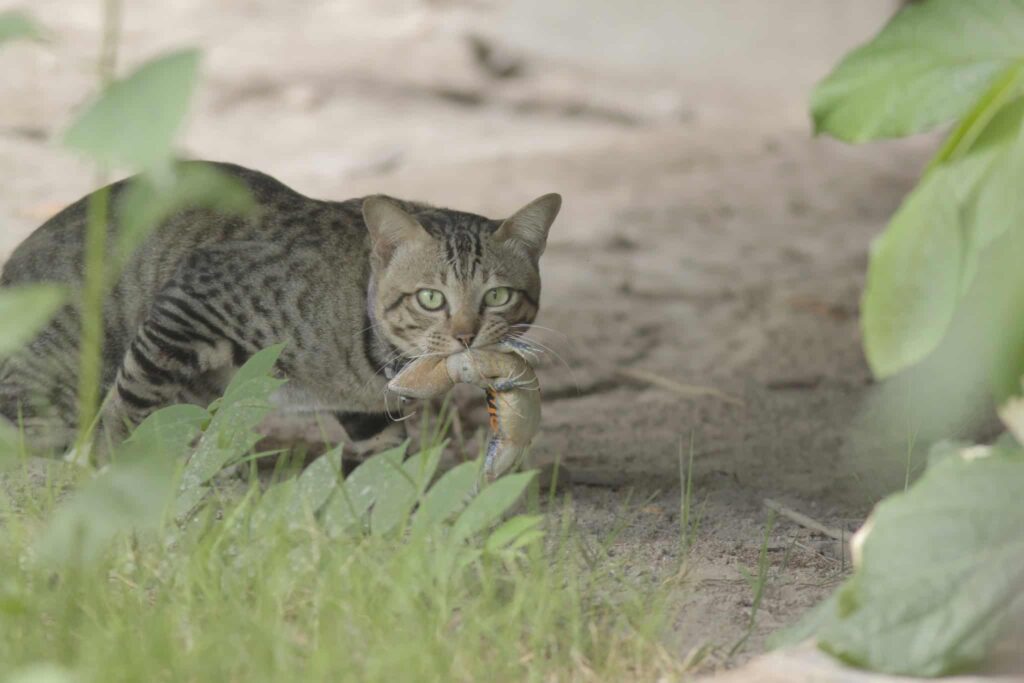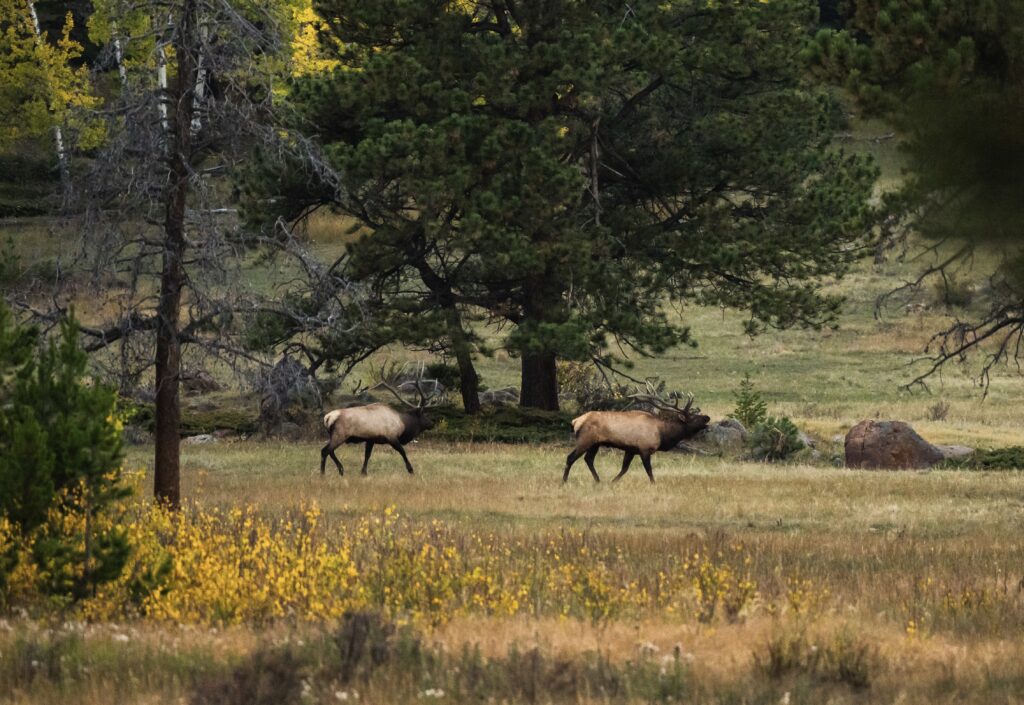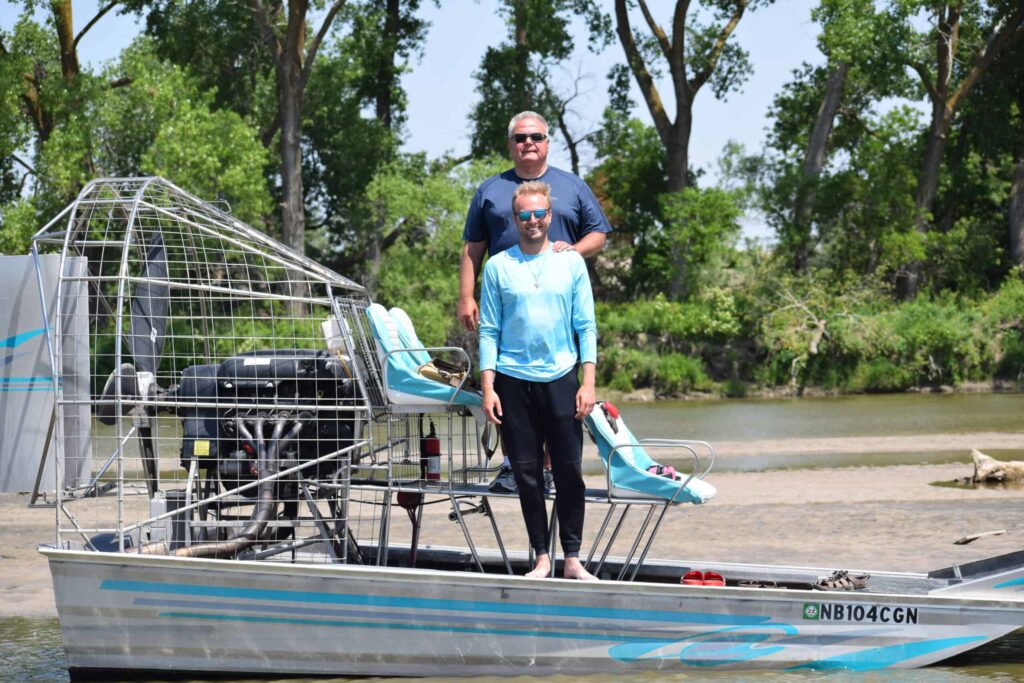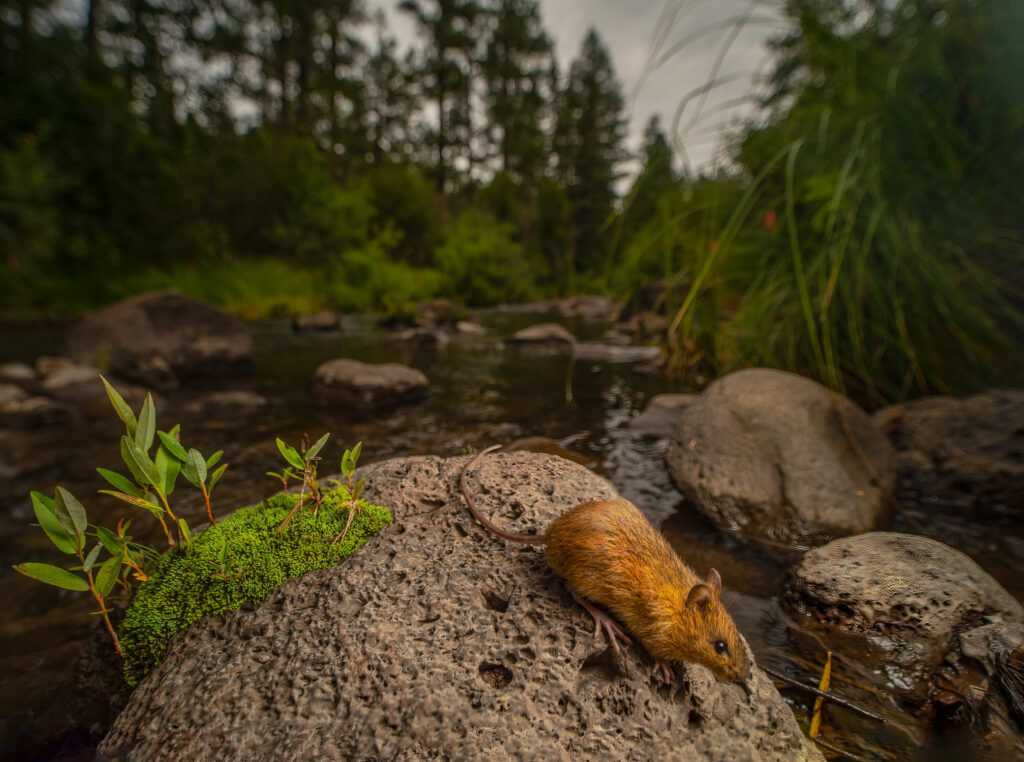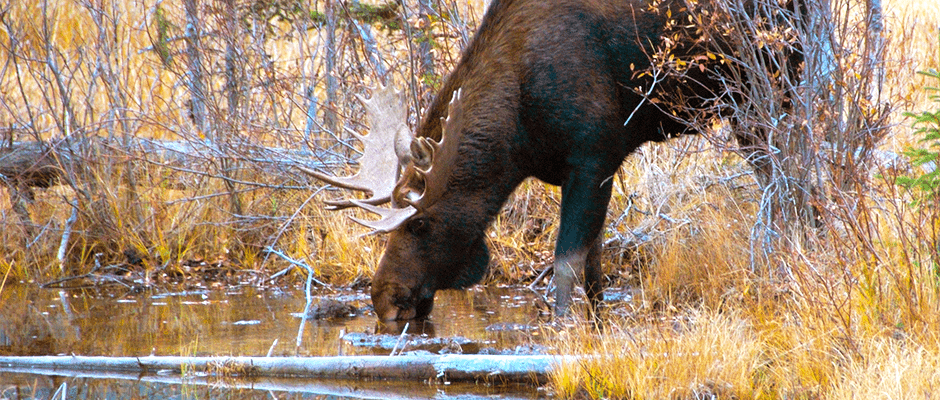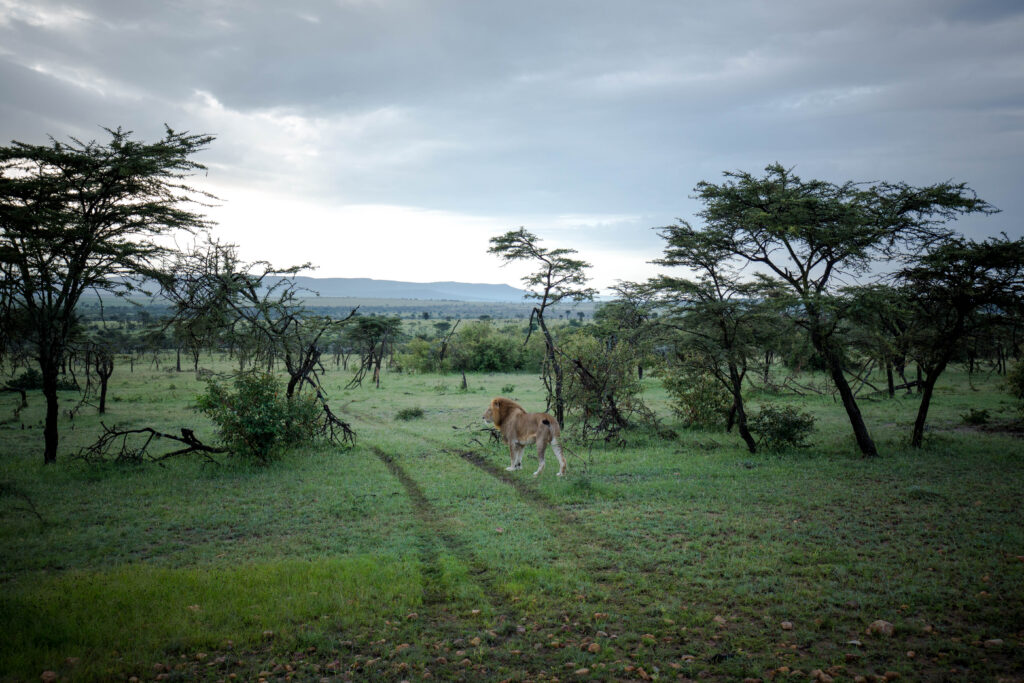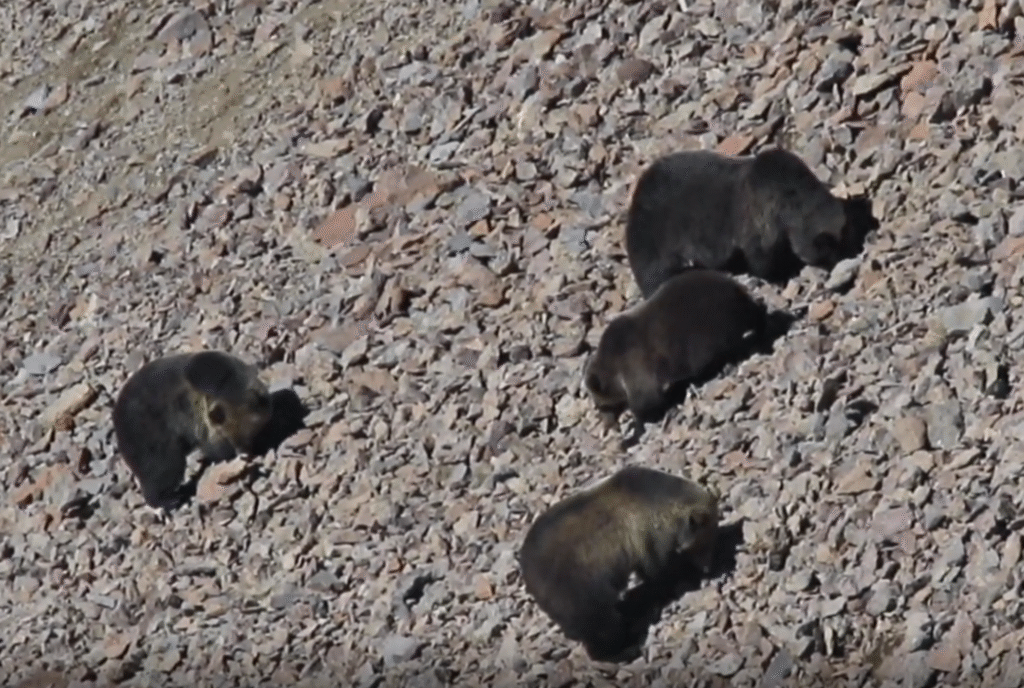The moose population of Manitoba, once at a historical high of 45,000 individuals just a few decades ago, is estimated to be at only 20,000 individuals today according to a recent report by the Manitoba Chapter of The Wildlife Society. This sharp decline is believed to derive from a variety of factors, including disease, over-harvesting, and human development of landscape.
The Manitoba Chapter began crafting this report and accompanying letter in order to shed light on the critical status of provincial moose populations and to provide the provincial government with a valuable resource in this effort. The Manitoba Chapter spent over two months determining moose population numbers and crafting suggestions by drawing from previous research, field investigations, aerial survey reports, as well as professional judgement.
At the end of November the Chapter sent this letter and report, which details population estimates and collaborative efforts necessary for moose conservation, to the Honourable Thomas Nevakshonoff, the Provincial Minister of Conservation and Water Stewardship.
The collaborative suggestions included in the Chapter’s report center around the provincial government working alongside Aboriginal groups on moose conservation efforts as well as on the collection of hunting and inventory data.
In addition to working with Aboriginal communities, another major aspect of the recommendations involves getting the residents of Manitoba to value moose populations. This includes creating public education and awareness campaigns so Manitobans will feel more inclined to become involved in moose conservation as well as to report criminal activities such as poaching.
The Chapter has yet to hear from the provincial government regarding their suggestions, but remains hopeful that their members can support the government and inform the public on the need for science-based management.
According to Jack Dubois, a member of the Manitoba Chapter, “we are still awaiting a response, but look forward to working with anyone who wants to tackle this issue.”
Article by Caroline Murphy